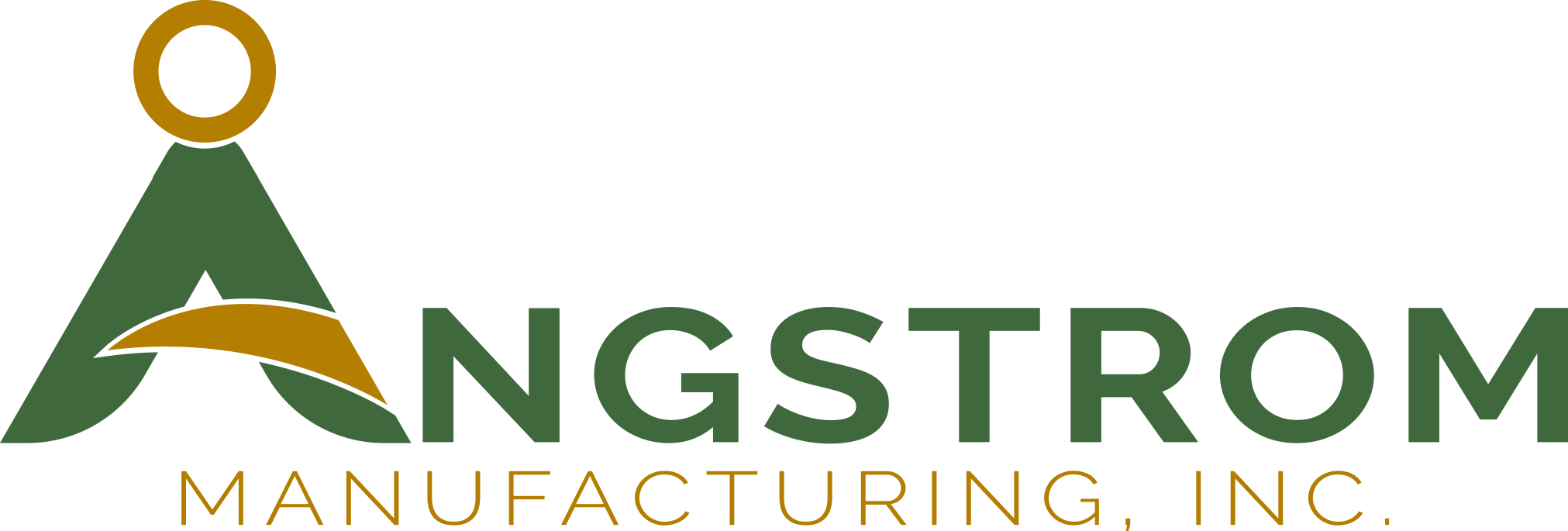SOURCE: RICHMOND TIMES DISPATCH
By Russ Rogers
We all have seen how America rallies behind our troops when we are at war, and we frequently hear politicians state that our military deserves the best equipment to face our enemies.
So why have we quickly dismissed these principles in our war on COVID-19 by allowing broken procurement systems to scrimp on personal protective equipment (PPE) for front-line warriors in America’s war on this deadly virus?
In the early days of the pandemic, PPE was so scarce that the most-downloaded videos showed anxious Americans how to assemble homemade masks made out of handkerchiefs, pillowcases, whatever was at hand. Health care workers put coffee filters inside low-quality masks. Consumers bought whatever they could find.
The vast majority of PPE, from masks to gowns, predominantly was sourced from China and Asia, which had a virtual monopoly on PPE, from raw materials to manufacturing infrastructure. Americans were at a serious strategic disadvantage in manufacturing essential equipment to keep ourselves safe.
An urgent cry went out from American corporations and governments for manufacturers in the United States to quickly develop the capacity to make and deliver high-quality face coverings.
And American manufacturers responded, as American manufacturers do, quickly pivoting to meet the need for our essential workers and medical corps. A happy ending, right?
Not so fast. It seems that those corporations and governments’ procurement practices favor cheap and inferior overseas providers that now are flooding the American market. As it turns out, all of the talk about investing in American-made quality and strategically securing our source of vital PPE was just that: talk.
Federal and state bureaucracies, as well and major health care conglomerates, have gone back to sourcing the cheapest products they can find, including those with no proven filtration efficacy.
In some, the “filtration layer” is nothing more than tissue paper. Even more alarming, some U.S. companies import these inferior masks, repackage them and market them as “Made in the USA.”
Let me be blunt: We will not win this war against an unseen enemy without a more informed strategic approach to PPE, even as COVID-19 vaccinations increase.
I am the CEO of Blackbriar Regulatory Services (BRS), based in Virginia. When the mask shortage hit, we were approached about manufacturing face masks to supply large U.S. companies, based on our work with products regulated by the Food and Drug Administration (FDA) and our engineering understanding of manufacturing non-woven products.
In less than 120 days — despite travel bans — we self-funded more than $1 million for manufacturing equipment and materials, and established supply chains to produce millions of face masks per month.
We hired and trained more than 100 people and spent more than $100,000 to complete our FDA-required performance and biocompatibility testing. Buyers and politicians voiced support and enthusiasm. But it went no further than that.
The Virginia General Assembly had the chance to put Virginians’ health and jobs first with Senate Bill 1222, which would have required a state agency purchasing PPE for public use to either buy it from a company based in the commonwealth or at least one that uses materials made in the U.S. It died Feb. 3 on a 10-5 Senate Finance Committee vote.
I recently spoke to a hospital doctor who evaluated our masks. He said that it was exactly the sort of quality that he wished his hospital’s procurement team would acquire for him and hospital medical staff who battle COVID-19 daily. I barely had the heart to tell him that our price is less than two to three cents more per mask than the masks they are getting.
It’s not just a matter of loyalty by Americans toward American manufacturers, it’s also about controlling our strategic needs during times of grave national emergency such as this pandemic, and not being dependent on foreign adversaries for those needs. Every American should demand it of their government.


